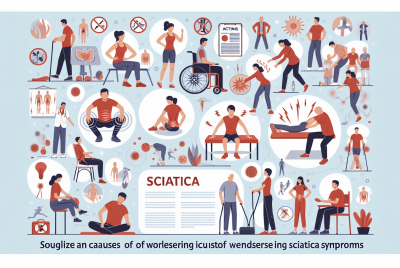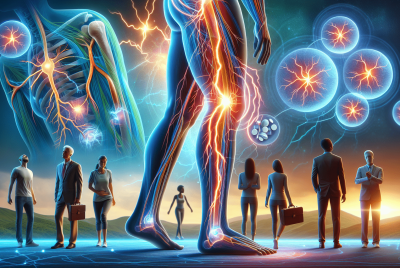Back Pain In Seniors: Age-related factors and strategies for managing pain… 2023
Introduction:
Hello there! I’ve spent years researching and advising on back pain and its treatments, particularly in seniors. Through my experience, I’ve come to realize that back pain in seniors is a significant and often under-addressed issue. Today, I’ll take you through some age-related factors that contribute to back pain, along with effective strategies for managing this pain.
Understanding Back Pain in Seniors
Firstly, it’s essential to know that back pain isn’t a normal part of aging. Just like you, many seniors wonder why they experience more back pain as they grow older. Here’s the thing: as we age, our body undergoes certain changes that might contribute to this pain.
Age-Related Factors Contributing to Back Pain
Understanding the factors behind back pain can help manage it more effectively. Let’s dive into a few common age-related causes:
- Degenerative Disc Disease: As we age, the discs in our spine can degenerate, leading to pain and discomfort.
- Osteoporosis: This condition weakens bones, making them more likely to fracture, which can contribute to back pain.
- Spinal Stenosis: Aging can cause the spaces in the spine to narrow, putting pressure on the nerves and causing pain.
Common Symptoms of Back Pain in Seniors
Some common symptoms include a dull, persistent ache, sharp pain during certain activities, or discomfort while sitting or standing for extended periods. Sometimes, back pain can even disrupt sleep. Does that sound familiar?
Challenges of Managing Back Pain in Seniors
Back pain management in seniors can be tricky due to other existing health conditions and the general frailty that comes with age. But don’t lose hope – there are several effective strategies we can use.
Effective Strategies for Managing Back Pain
Here are some strategies I’ve found particularly helpful in my years of research and practice:
- Exercise and Physical Therapy: Regular physical activity strengthens the back muscles and enhances flexibility.
- Pain Medication: Over-the-counter medications can provide temporary relief, but always consult your doctor before starting any new medication.
- Heat and Cold Therapy: Alternating between heat packs and cold packs can help manage pain effectively.
- Lifestyle Changes: Maintaining a healthy weight, eating a balanced diet, and getting adequate sleep can help manage back pain.
- Massage Therapy: Using massage devices or consulting with a massage therapist may be helpful & effective as part of an overall strategy for pain & discomfort relief.
The Role of Caregivers in Managing Back Pain
Caregivers play a crucial role in helping seniors manage their back pain. They can assist with exercises, medication reminders, and making necessary lifestyle changes.
Preventive Measures to Minimize Back Pain
Prevention is always better than cure. Regular exercise, maintaining good posture, and avoiding heavy lifting can go a long way in preventing back pain.
Conclusion
Back pain in seniors is a prevalent issue, but with the right knowledge and strategies, it can be managed effectively. Remember, it’s never too late to seek help and start making positive changes to manage back pain.
Further Resources:
- “Back pain in seniors: the so-called degenerative diseases of the spine”: This scientific study from the National Center for Biotechnology Information discusses the common causes of back pain in seniors, with a particular focus on degenerative diseases of the spine.
- “Management of chronic pain in the older person with emphasis on back pain”: This commentary in the Maturitas journal provides insights on managing chronic pain, particularly back pain in older individuals, discussing various management strategies including exercise, lifestyle changes, and medication.
FAQs
- Q: How common is back pain in seniors? A: Back pain is a common issue among seniors, affecting up to 80% of this population at some point.
- Q: Can exercises worsen back pain? A: If done incorrectly, yes. It’s important to learn the correct techniques from a physical therapist or trained professional.
- Q: Are medications the only solution for back pain? A: No, medications can provide temporary relief, but lifestyle changes, physical therapy, and other interventions are crucial for long-term management.
- Q: How can I prevent back pain as I age? A: Regular exercise, good posture, and maintaining a healthy weight can help prevent back pain.
- Q: Is back pain a normal part of aging? A: No, back pain isn’t a normal part of aging. While aging can contribute to conditions that cause back pain, there are many effective strategies to manage and reduce it.




